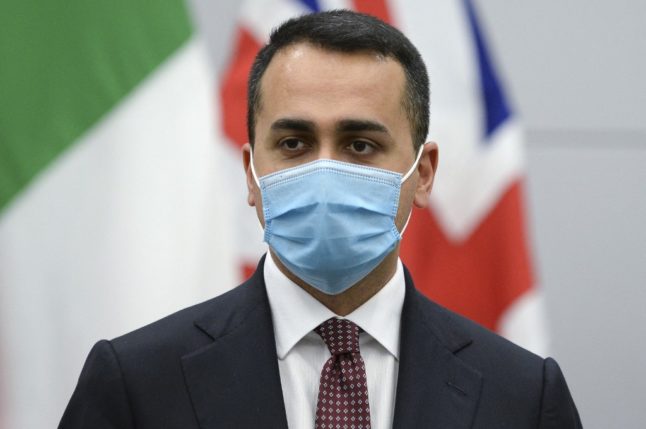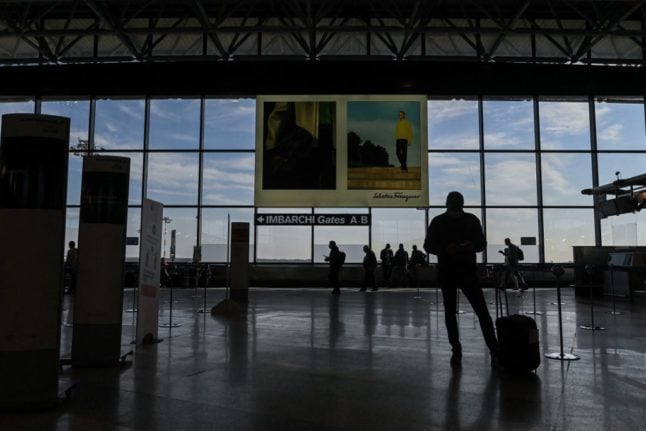“The aim is to reopen to visitors from foreign countries which have reached a high level of vaccinations, loosening some measures as early as mid-May,” he said after talks with Health Minister Roberto Speranza.
READ MORE: What will Italy’s coronavirus rules be for summer 2021?
“We are working to overcome the ‘mini quarantine’ for those who come from European countries, the United Kingdom and Israel, if they have a negative test, proof of vaccination or have recovered from coronavirus in the last six months.”
The current rules on EU arrivals expire on May 15th.
The UK has placed Italy on its ‘amber’ travel list, which does not prohibit travel but means that people will have to quarantine and test upon return to the UK.
Di Maio said Italy would also be working to increase the number of “Covid-free” flights to and from the United States, and is looking at putting an end to the quarantine requirement for US travellers from June.
He highlighted the importance of getting the EU’s planned “Green Pass” up and running, which would allow travel within the bloc to those with immunity, vaccinations or a negative coronavirus test.
READ ALSO: ‘Green pass’: How to get Italy’s coronavirus immunity card for travel

For now, the Italian government says it will launch its own version of the travel pass in May, though few details about the scheme have yet been published.
Italy began a cautious reopening on April 26th after months of coronavirus restrictions, with bars and restaurants permitted to serve customers outdoors.
Italy recorded another 10,000 new cases of Covid-19 on Saturday and 224 deaths, taking the total to more than 122,000 – the highest rate in the EU.
“I, like I think most Italians, want to reopen, I want people to go back out to work, to have fun, to be together,” Prime Minister Mario Draghi told reporters Saturday after an EU summit in Portugal.
“But… we have to do it safely, that is, calculating the risk that we run.”
Italy had been the world’s fifth-most visited destination, but visitor numbers collapsed by more than 60 percent from 2019 to 2020.



 Please whitelist us to continue reading.
Please whitelist us to continue reading.
Member comments